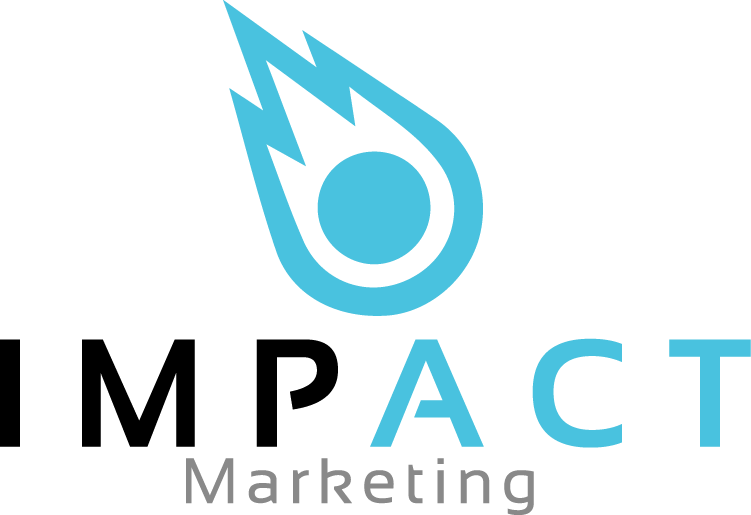Industry Terminology – Part 3 of 3 – Data
Through operating in the data industry for many years, there are a number of different terms we use everyday. If you are unfamiliar with data, these terms can be completely alien to you. Therefore, we have put together this helpful glossary of industry terminology. We have split this terminology into three separate parts. The third of which we cover in this post. We have also written two further posts covering direct marketing terminology and digital terminology.
This includes a variety of terms and abbreviations commonly used when speaking of various marketing and data related services. As direct marketing encompasses multiple marketing methods and data techniques, there are many terms you may not necessarily be familiar with.
We hope this industry terminology is useful and helpful for you. If you have any questions, please get in touch and we will be happy to elaborate further.
Who are Data List Brokers?
Data List brokers are usually independent companies, who sell data lists from a variety of data owners. Generally speaking, they have a good understanding of data lists. However, they are simply re-sellers and have no control over the accuracy, quality or cleansing of the data they hold. Furthermore, they will often mark up the data they are selling, making it a more expensive option.
Who are Data List Managers?
Data List managers represent lists owned by mail-order companies, publishers and other third party businesses looking to monetise their own customer data. They are limited to selling the data lists they manage. Furthermore they rarely offer data lists that cover mass markets, wide areas etc.
Who are Data List Owners?
Data List Owners are the source of data lists. They are responsible for the compiling, managing and cleansing of all data lists they hold to ensure they are ready to use for a client’s marketing campaign.
What is Profiled Data?
Profiled data is a method of identifying consumer data based on their geographical and social demographic profiles. Many companies have sophisticated software programs to identify and categorise households. For example, based on their demographic wealth, life stage and household composition. Profiles for each household are established through results from the UK Census as well as other contributory sources.
What is Lifestyle Data?
Lifestyle data is based on facts and is compiled from; direct response, behaviour, financial & retail transactions, share registers, directorship registers, research, consumer surveys, credit history and many more. However the factual, targeted elements of this data are more costly to achieve. Therefore the price of true Lifestyle Data is higher than Profiled Data. As a result, because of the way it is compiled, lifestyle data can achieve a much higher return on investment as it can offer you a much more targeted audience based on actual ‘behaviour’.
What are Demographics?
Demographics are social and economic statistics and information relating to individuals. It includes a wide variety of factors such as: age, income, gender, religion, affluence, hobbies etc. Through direct marketing, companies are able to select and target exact demographics. This way they can market to their ideal prospects who are more likely to purchase from them.
What is Affluence?
A common term associated with consumer data is affluence. This focuses on the wealth and levels of disposable incomes of target consumers or households. Data companies are able to segment their lists on different affluence levels. For example, if you are selling luxury products, you can specifically market to individuals with high affluence levels.
What is a Data Audit?
If you already hold a data list and want to improve/build/expand/cleanse it, data companies offer a data auditing service. This is where they analyse your existing data while identifying any potential issues. The data company will report back to you advising on what can be done to improve the data.
What is Data Cleansing?
Data is a valuable asset to any company. However, over time it decays and becomes outdated. Contacts move address, change car, change job etc. Data cleansing is therefore a process of updating your data lists to ensure all information held is correct, current and opted-in. It also ensures contact methods such as telephone numbers and email addresses are still correct for the specific contact.
What are Goneaways?
Goneaways refer to postal records where the named contact no longer lives at the matching address. Regular cleansing of data helps to minimise any goneaways.
What is Data Appending?
Data appending refers to a process of adding additional information to a data list. For example, if you hold a list of postal addresses but want to call the records, telephone numbers can be added through data appending (Providing the number has been opted-in of course).
What is PAF Validation?
When speaking of data cleansing, a term which often accompanies it is PAF validation. PAF means the Postal Address File. Therefore, PAF validation means matching any postal records on your data list with the PAF. This ensure addresses are correct and your marketing material gets sent out to the right person at the right address.
What is OSIS?
OSIS stands for Operator Services Information System. It is similar to PAF Validation but it focuses on telephone numbers rather than postal addresses. If you are purchasing a data list and want telephone numbers with it, the OSIS service makes this possible.
What is a Data Licence?
When purchasing a data list from a supplier, you agree to only use the data a certain number of times. This is to maintain the quality and responsiveness of a data list by removing any risk of overuse. If you use the data list more times than agreed in the data licence, you may incur extra charges or in severe cases, you may face legal action.
What is List Seeding?
When you purchase a data list from a company, it is common for them to put seeds into the data. These seeds are specific, unknown records that track the data usage. When you buy data, you agree to a licence where you only use the data X however many times. Seeds ensure a data list is never mistreated or used outside of its licence agreement.
Seeds are active and relevant companies based on your agreed list. They may still have a need for your products/services and they are NOT unworkable records.
What is de-duping?
A data de-dupe is where two or more different data lists are cross referenced against each other. Any records that appear on both databases are removed to ensure there are no duplicates. This prevents any records from being mistreated, mismanaged and ultimately, targeted multiples times under the same project.
What is a Data Count?
A data count is where a data company will see how many records they hold based on your specific requirements. The data company will come back to you with a full breakdown of what they have available in your target areas, based on your criteria.
What is an NDA?
NDA is an abbreviation for non-disclosure agreement. It is an agreement between two or more parties where they agree not to divulge any confidential information involved in a business arrangement. As data is a highly confidential asset, NDAs are common practice in the direct marketing industry. Breaching agreed terms in an NDA may result in legal action.
What is TOB?
When a data company undertakes a count for you, they may mention TOB or include the term in the count result. This stands for Type of Business. When you are planning a B2B campaign, the marketing company will establish the types of businesses you want to target. The count will have your target TOBs with a breakdown included.
What is SIC?
Similar to TOB is SIC. SIC stands for Standard Industrial Classification. Every single business in the UK is classified under a specific SIC.
What is a URN?
URN stands for Unique Reference Number. If you purchase a data list, there will be a URN column. This acts as a reference for the data supplier. They can match every record that has been put onto that data list. When you sell your products/services, the URN allows the marketing company to identify if the sale was one of their records.
What is the TPS?
The TPS is the telephone preference service. If you do not wish to receive marketing or unsolicited calls, you can register your phone number for free on the TPS. As a result, this makes it illegal for companies to call you. Any data you purchase must not include any phone number on the TPS register.
What is the CTPS?
Similar to the TPS is the CTPS. This is the corporate telephone preference service. While the TPS deals with private phone numbers, the CTPS protects business phone numbers. This makes it illegal for companies to call your business number.
What is the MPS?
The MPS is the Mail Preference Service. This allows you to remove your postal address from any marketing lists. This prevents companies from using your address for any type of postal campaign. It does not however stop the likes of leaflet distribution unless they use a mapping software which can exclude those on the MPS. Furthermore, you can report a company if they do not remove you from a mailing list.
What is the GDPR?
The GDPR stands for the General Data Protection Regulation. This is a new regulation coming into effect in May 2018 which concerns the opting-in and management of consumer data. The GDPR is a large and complex regulation so we recommend you read more about it as it will affect many companies in the next year.
Summary
We hope that this industry terminology has been helpful to you. If you want further information or clarification on any terms or marketing services, get in touch and a member of the team will be happy to help.

